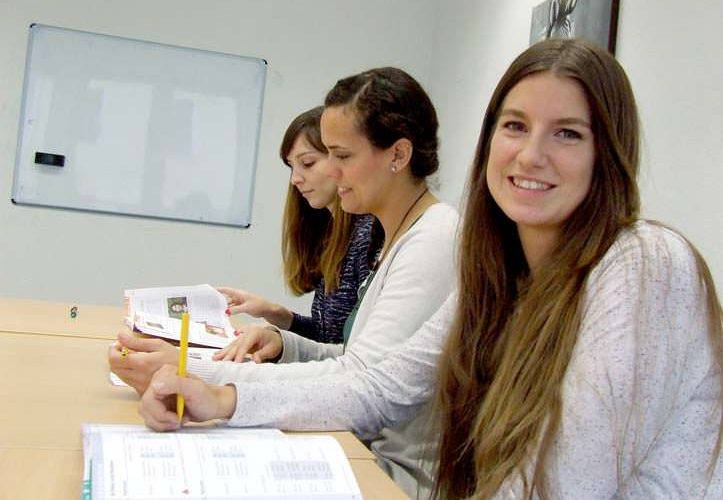Gewöhnt o gewohnt – Definición, Significados, Diferencias
Para evitar la confusión de los verbos alemanes “gewöhnt” y “gewohnt” nos dedicaremos al tema: Gewöhnt o gewohnt – Definición, Significados, Diferencias
¿Son verbos o adjetivos? ¿O participios? También algunos alemanes confunden las dos palabras, pero realmente está claro: „gewöhnen“(acostumbrarse) es un verbo, y „gewohnt“ (habitual, como de costumbre) es el participio de éste y funciona como un adjetivo.
sich gewöhnen an
El verbo „sich gewöhnen an (+ Acusativo)“ significa el proceso, si se hace o se experimenta siempre lo mismo y finalmente se conoce. Se acompaña de la preposición „an“. No se dejen confundir por la sílaba „ge-“: „gewöhnen“ es un verbo normal y no un participio.
Conjugación: ich gewöhne mich, du gewöhnst dich…
Pretérito: ich gewöhnte mich, du gewöhntest dich…
Perfecto: ich habe mich an … gewöhnt
die Gewöhnung (habituación, costumbre); gewöhnlich (usual, común, ordinario)
„Ich gewöhne mich an das Autofahren in der Nacht.“ = „Ich gewöhne mich daran, nachts Auto zu fahren.“ („me acostumbro a conducer el coche por la noche.“)
„Wir haben muns schließlich an das schlechte Wetter gewöhnt.“ (Nos hemos finalmente acostumbrado al mal tiempo.)
„Du gewöhnst dich erst noch daran.“ (Tú estás todavía acostumbrándote.)
gewohnt sein
„gewohnt“ es el participio II de„gewöhnen“. Si alguien se acostumbra a algo (proceso), estará en algún momento acostumbrado „gewohnt“ (resultado).
„gewohnt sein“ va siempre con acusativo o con oración subordinada con „zu“ + infinitivo. Al contrario que con „sich gewöhnen an“ „gewohnt sein“ no necesita ninguna preposición.
Conjugación: ich bin … gewohnt, du bist … gewohnt, …
Pretérito: ich war … gewohnt, du warst … gewohnt, …
Perfecto: ich bin … gewohnt gewesen (klingt kompliziert, besser im Präteritum)
die Gewohnheit (el hábito)
„Ich bin es gewohnt, nachts Auto zu fahren.“. „Estoy acostumbrado a conducir el coche por la noche.“
„Wir sind das schlechte Wetter gewohnt.“. „ Estamos acostumbrados al mal tiempo.“
„Du wirst das bald gewohnt sein.“. „Pronto estarás acostumbrado.“
„Er war das frühe Aufstehen gewohnt. Aber jetzt ist er es nicht mehr gewohnt, er muss sich neu daran gewöhnen.“ „ Él estaba acostumbrado a levantarse temprano, pero ahora no está más acostumbrado, tiene que acostumbrarse de nuevo a ello.”
